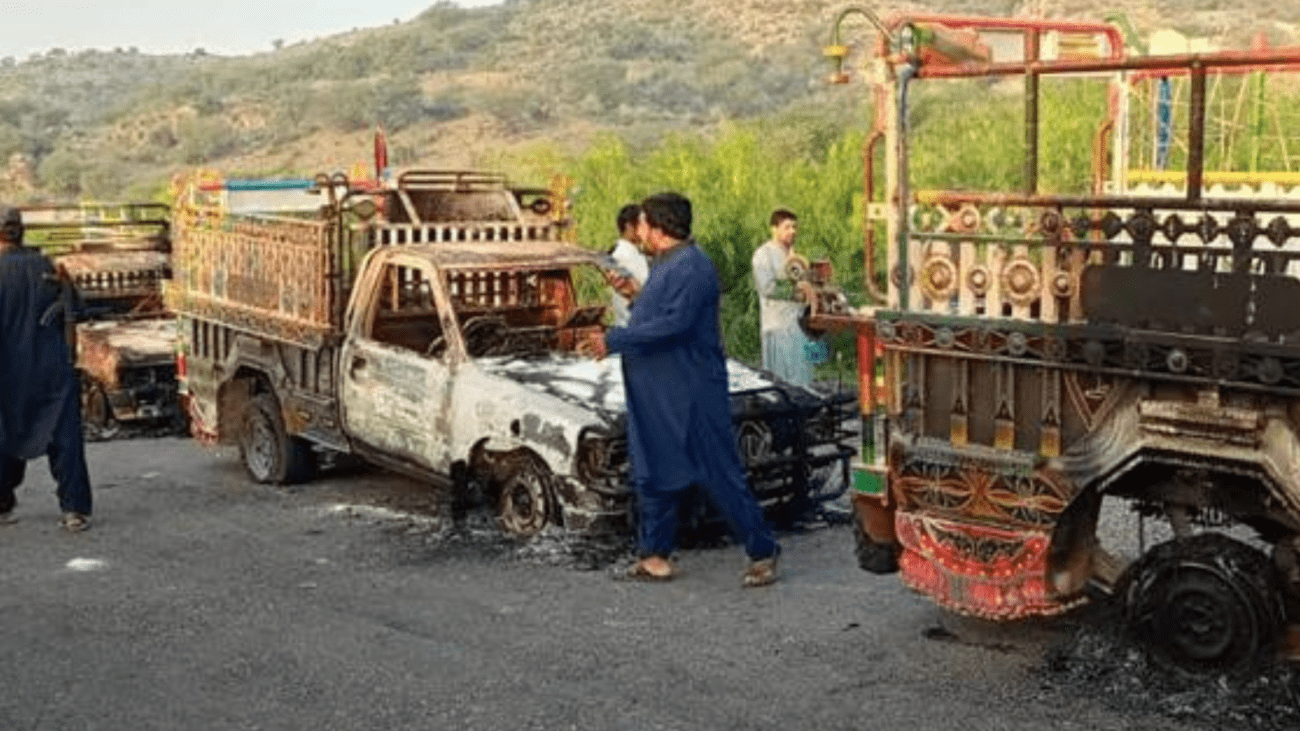“Escalating Tensions in Balochistan: A Call for Comprehensive Solutions”


The recent violence in Balochistan, which has been escalating in recent months, has brought the region once again into the spotlight. On 26 August 2024, a terrorist attack by the Baloch Liberation Army (BLA) killed at least 74 people, including civilians and security forces. The incident is the latest reminder of the enduring complexity of conflict in Balochistan.
The conflict in Balochistan is historic, ethnic, economic in its grievances. The Baloch, who form 3.8 per cent of Pakistan’s population, have long felt excluded by the federal government. Balochistan is rich in natural resources, including gas and minerals, but the local population doesn’t feel it benefits. Instead, they see the wealth shipping off to other parts of the country or to foreign investors.
The most active separatist group, the Baloch Liberation Army (BLA), has been seeking an independent Balochistan since at least the early 2000s. Its attacks have targeted infrastructure, the security forces and civilians, all in a bid to challenge the state’s control over the territory. The recent spat of attacks, including blocking highways and damaging railway tracks, underscore their capability to wage such large-scale attacks.
From the start, Pakistan’s state has met the insurgency with military force. This has included several large-scale military operations, targeted killings and the mass abduction of those suspected of militancy. While these tactics have curbed the insurgency, they have also spurred local resentment. The heavy-handed approach has caused violence and human rights abuses, leaving many Baloch with no allegiance to the state.
Pakistan’s government must have a holistic approach to dealing with the situation, which includes having a dialogue with Baloch leaders and separatists. A dialogue between the two sides must include a discussion on the political and economic grievances of the Baloch people, and might lead to Balochistan having greater political autonomy and being represented fairly in the federal government.
There is a clear need to invest in the economic development of the province, so that a greater share of the wealth that Balochistan generates from exploiting its natural resources goes to the people who live there. Improving infrastructure in the province, creating jobs for locals and enhancing access to education and healthcare can all help to reduce the sense of
Human in the region with impunity. The Government must put an end to enforced disappearances and ensure that members of the security forces are held to account, and that those who have committed violence against civilians are brought to justice. These cases and others are more likely to be resolved if the authorities respect the rights of the local population and address their grievances.
It will help to promote inclusive governance and should include local leaders in decision-making processes; this will require decentralising power and allowing local governments to have a greater say in the administration of their region.
International mediation could be sought. The involvement of a neutral third party in the peace process can help to build trust, commitments made by both sides are honoured.
The Balochistan case is a complex one that needs to be resolved comprehensively. Military action can work in the short term, but it is unlikely to be a sustainable solution. The political dialogue, economic development and respect for human rights can provide a sustainable path to peace in the region. The government must take bold steps to ensure their people trust them and they make them feel part of Pakistan’s future.
Sources :https://www.aljazeera.com/
Read More News here :https://whatshappening.pk/hareem-farooq-journey-royal-dreams-to-acting/








Shahbaz Sharif Vows to Crush Terrorism in Balochistan
27th Aug 2024[…] Read More News here: https://whatshappening.pk/balochistan-violence-analysis/ […]
"PM Shehbaz Sharif Vows to Crush Terrorism and Boost Balochistan’s Development
29th Aug 2024[…] “Escalating Tensions in Balochistan: A Call for Comprehensive Solutions” […]